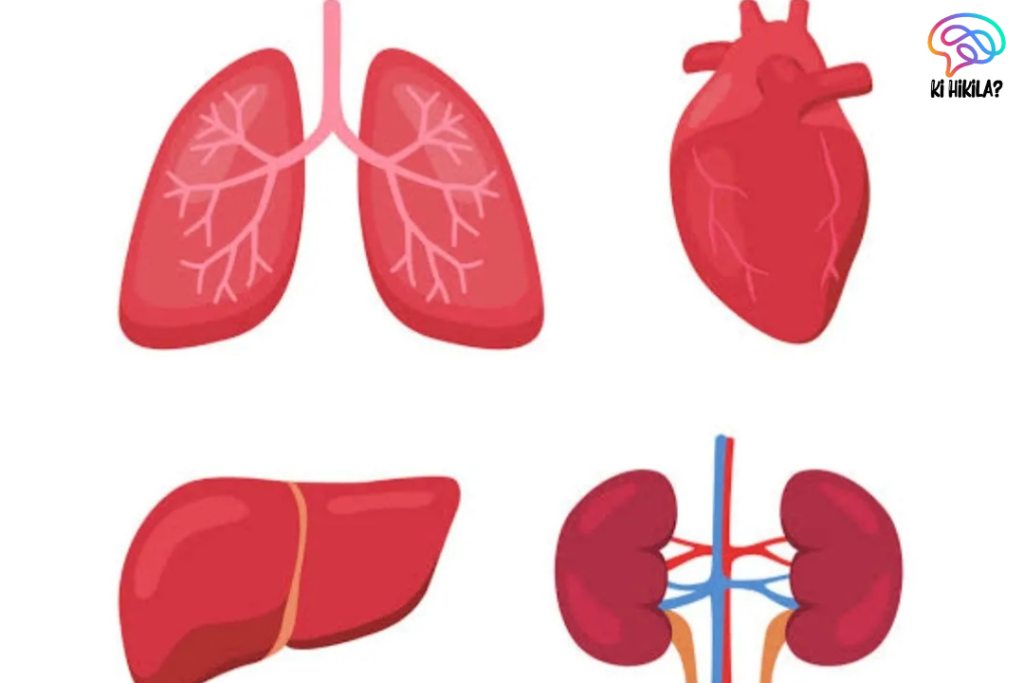India’s Organ Transplants 2024 marked a historic milestone with the country performing over 18,900 organ transplants in a single year — the highest ever recorded. This achievement is even more striking when compared to fewer than 5,000 transplants performed in 2013. With this, India now stands third globally in total organ transplants, after the United States and China. The nation also leads the world in hand transplants, a testament to its advanced surgical skills, committed medical professionals, and improving healthcare systems.
Current Organ Transplant Scenario in India
The numbers in India’s Organ Transplants 2024 reflect a rapid transformation in the country’s healthcare capabilities. Improved infrastructure, better-trained specialists, and increased public awareness have contributed to this rise. However, a significant demand-supply gap still persists. The number of patients needing organ transplants is far greater than the number of available donors.

Cases of organ failure — including kidney, liver, and heart diseases — are increasing due to lifestyle-related ailments, environmental factors, and ageing populations. Every year, thousands of patients remain on waiting lists, hoping for life-saving procedures. This gap puts immense pressure on both families and healthcare institutions.
Efforts to Boost Organ Donation
To bridge this gap, the government has launched several initiatives. A notable step was the Aadhaar-based online pledge system, introduced in 2023. Over 3.30 lakh citizens have already pledged to donate their organs, signalling a growing awareness and sense of social responsibility.
The National Organ and Tissue Transplant Organisation (NOTTO) plays a crucial role in spreading awareness. Through campaigns, educational programmes, and public events, NOTTO urges citizens to consider organ donation. States and hospitals have been advised to appoint permanent transplant coordinators to streamline donor identification and consent procedures. These coordinators act as essential links between grieving families and patients in need, ensuring that no opportunity for donation is missed.
Challenges in Organ Donation
Despite the encouraging figures from India’s Organ Transplants 2024, the biggest challenge remains the shortage of donors. This shortage is not always due to reluctance; rather, it often stems from a lack of information and prevalent myths surrounding organ donation.

Families may hesitate to give timely consent, sometimes due to cultural beliefs, fear of medical procedures, or misinformation. Experts believe that public education and open conversations are critical to breaking these barriers. The fact remains — one donor can save up to eight lives by donating multiple organs such as the heart, kidneys, liver, lungs, pancreas, and intestines.
Government Support and Financial Aid
The Indian government has backed India’s Organ Transplants 2024 with robust financial assistance schemes to make these life-saving procedures more accessible. Under the Rashtriya Arogya Nidhi (RAN) scheme, economically disadvantaged patients can receive up to ₹15 lakh for organ transplants, including kidney, liver, heart, and lung surgeries.
Additionally, patients receive up to ₹10,000 per month to help cover post-transplant medical expenses. The Ayushman Bharat Pradhan Mantri-Jan Arogya Yojana (AB-PMJAY) also includes kidney transplants in its coverage, further reducing the financial burden. Such policies encourage both patients and hospitals to pursue transplants without fear of crippling debt.
Promoting Preventive Health Measures
While India’s Organ Transplants 2024 is a remarkable achievement, the ultimate goal is to reduce the need for transplants in the first place. Many cases of organ failure can be prevented through healthy lifestyles, early diagnosis, and preventive healthcare.
The government promotes yoga, Ayurveda, and dietary discipline to strengthen the body and boost immunity. Prime Minister Narendra Modi has advocated a 10% reduction in oil consumption as part of a larger campaign for healthier living. Preventing conditions like diabetes, hypertension, and obesity could significantly reduce the number of patients needing transplants in the future.
Conclusion
India’s Organ Transplants 2024 stands as a symbol of medical progress, teamwork, and compassion. With record-breaking numbers, improved infrastructure, and supportive government policies, the nation is making giant strides in the field of organ transplantation.
However, the journey is far from over. Bridging the donor gap, fighting misinformation, and encouraging healthy lifestyles remain critical challenges. Every pledge, every conversation, and every successful transplant brings India closer to a future where no life is lost due to the unavailability of organs.
By embracing both prevention and cure, India can continue to save lives, set global benchmarks, and inspire the world in the field of organ donation and transplantation.



